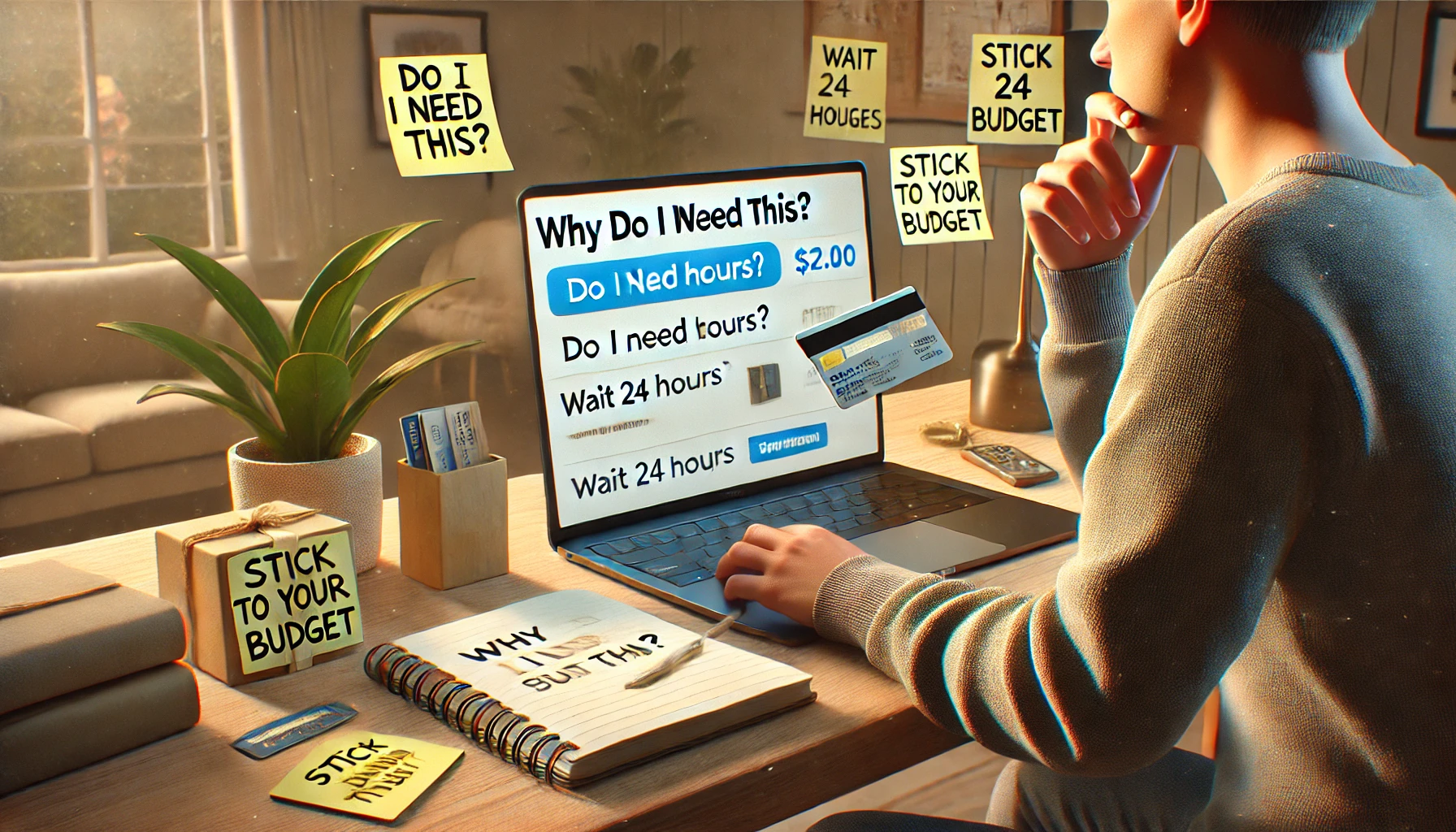Ever bought something and immediately thought, “Why did I buy this?” You’re not alone. Our spending habits are influenced by emotions, environment, and even marketing psychology more than we realize.
In this article, we’ll explore the psychology behind why we often spend money on things we don’t truly need—and how to regain control through awareness and intentional habits.
Why We Overspend (Even When We Know Better)
It’s rarely just about the product. Overspending is often linked to:
- Emotional triggers (stress, boredom, sadness)
- Social pressure (trying to keep up with others)
- Habitual routines (daily coffees, impulse online shopping)
- Instant gratification (“I want it now!”)
Understanding why we spend is the first step to spending more mindfully.
1. Emotional Spending
Money often becomes a coping mechanism. When we’re feeling down, shopping can offer a quick hit of dopamine—the brain’s feel-good chemical.
Examples:
- Retail therapy after a bad day
- Buying comfort food or items when feeling lonely
- Shopping to reward yourself after stress
Tip to Break the Cycle:
Next time you feel the urge to shop when emotional, pause and ask, “What emotion am I trying to soothe?” Then try a healthier alternative (walk, call a friend, journal).
2. The Power of Social Influence
Social media and advertising constantly show us curated versions of other people’s lives—and it creates a subtle pressure to keep up.
Signs:
- Buying gadgets, clothes, or experiences just to “keep up”
- Feeling less “enough” compared to others online
- Spending to impress instead of express
Tip:
Unfollow accounts that trigger spending pressure. Surround yourself with content that supports simplicity, budgeting, and intentional living.
3. The Myth of “Small Doesn’t Count”
Many people think small purchases don’t matter. But over time, they add up a lot.
Examples:
- $5 coffee daily = $150/month
- $20 impulse buys 3x/month = $720/year
Solution:
Track even the “small stuff” for 30 days. You’ll quickly see where your money goes—and how to redirect it with purpose.
4. Marketing Tricks That Work on You
Marketers study behavior deeply. Tactics like:
- Limited time offers
- Buy one, get one free
- Countdown timers
- “You deserve it” messaging
…are all designed to trigger urgency and emotion, not logic.
Tip:
Before clicking “Buy Now,” wait 24 hours. Often, the emotional impulse fades—and so does the desire.
5. The Reward Loop
Your brain loves quick wins. Every purchase gives a temporary dopamine hit, creating a cycle of: craving → buying → feeling good → guilt → craving again
How to Break It:
- Delay purchases by at least 1 day
- Replace the “hit” with a non-spending reward (walk, hobby, talk)
- Reflect on past impulse buys and what they really brought you
6. Identity-Based Spending
We often buy things to support who we want to be—or how we want others to see us.
Examples:
- Gym gear to feel sporty (but rarely used)
- Fancy gadgets to seem tech-savvy
- Expensive clothes to look successful
Reflection:
Ask yourself: “Am I buying this to improve my life—or to prove something to someone?”
7. Decision Fatigue and Shopping as Distraction
After a long, stressful day, our willpower drops. Shopping becomes a convenient way to avoid decisions or emotions.
Tips:
- Don’t shop when tired or late at night
- Pre-plan “wants” instead of making impulse decisions
- Keep a “want list” and revisit it weekly
Final Thoughts: Spend with Awareness, Not Emotion
Understanding the psychology behind your spending doesn’t mean you’ll never buy something fun again—it just means you’ll be more intentional about it.
Awareness is power. The next time you reach for your wallet, pause and ask:
- “Do I need this?”
- “Do I already have something similar?”
- “Is this helping me reach my bigger financial goals?”
Spend on what matters. Save what empowers. And build a life that feels good—not just one that looks good.
